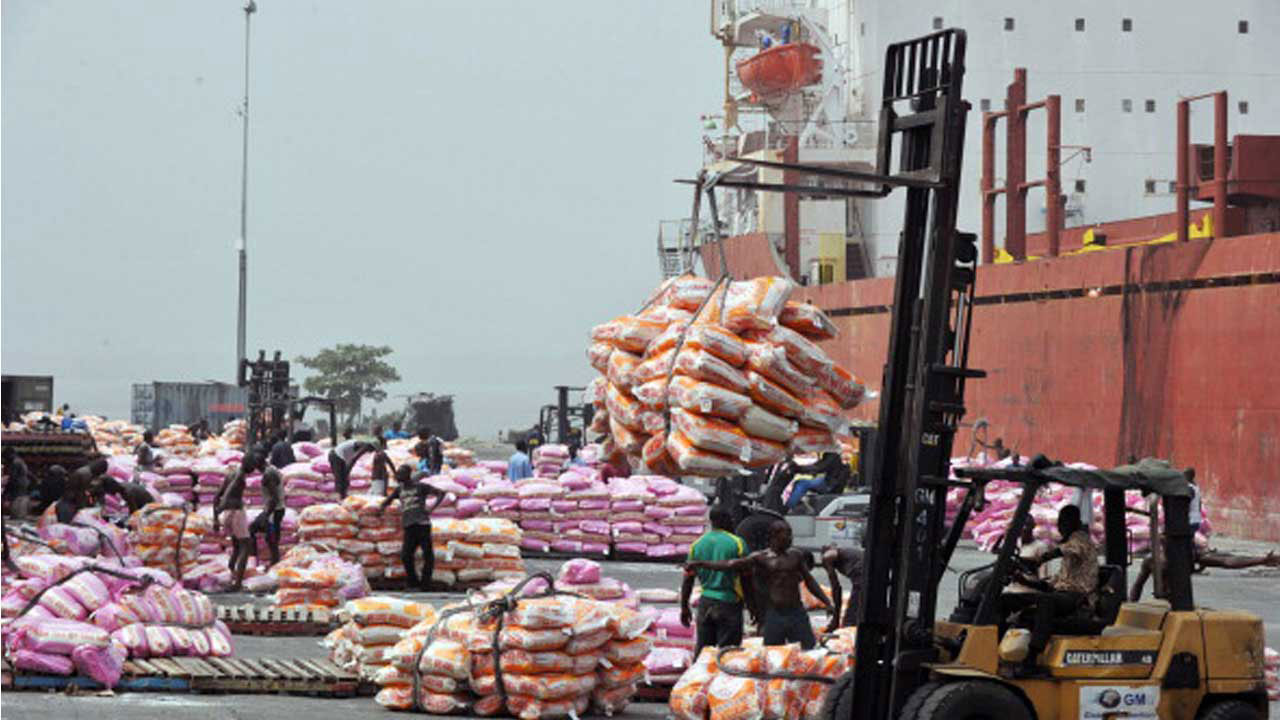
Keep up with the latest news and be part of our weekly giveaways and airtime sharing; follow our WhatsApp channel for more updates. Click to Follow us
Africa’s $50 billion expenditure on food imports has raised concerns among leaders, with the President and Chief Executive of the Africa Finance Corporation (AFC), Samaila Zubairu, emphasising the need for unified efforts to address this issue.
“The sharp increase in food import expenditure highlights the urgent need for systemic change in how Africa approaches agricultural production, food systems, and self-sufficiency,” Zubairu said. He noted that Africa’s reliance on imports not only drains vital foreign exchange reserves but also keeps the continent vulnerable to external shocks, including fluctuating global food prices, supply chain disruptions, and climate change impacts.
Agriculture is a critical sector in Africa, contributing up to 22% of GDP in some countries and employing over 60% of the population. However, the sector faces challenges such as low productivity, outdated farming practices, limited access to capital, and inadequate support.
Despite these challenges, Africa has tremendous agricultural potential, with over 60% of the world’s uncultivated arable land. Zubairu emphasised that investing in cold storage and value-added infrastructure is crucial to reducing post-harvest losses, which can account for up to 40% of perishable crops.
“Africa must invest in cold storage and value-added infrastructure to ensure that the food produced is not wasted and can be stored for later consumption or processing,” Zubairu said. He cited AFC’s partnership with the Nigeria Sovereign Investment Authority (NSIA) as an example, which is developing modular warehouses and cold storage solutions to preserve crops after harvest.
Other leaders, including Executive Secretary of the United Nations Economic Commission for Africa (ECA), Claver Gatete, and Deputy Chairperson of the African Union Commission, Ms. Monique Nsanzabaganwa, also stressed the importance of strengthening Africa’s value chains, promoting regional cooperation, and investing in sustainable infrastructure to drive economic growth and industrialisation.
“The AfCFTA (African Continental Free Trade Area) is enabling us to overcome trade barriers, fostering partnerships that will elevate the continent’s economies,” Nsanzabaganwa said. President of Ethiopia, His Excellency, Taye Atsekselassie, added that “resilient infrastructure, investing in human capital, and embracing digital transformation will be essential to Africa’s growth.”
Zubairu emphasised the need for Africa to develop strong regional value chains to reduce its reliance on external markets. “The African Continental Free Trade Area is a powerful tool that can unlock the continent’s potential by promoting industrialisation and reducing food imports,” he said.
He also highlighted the importance of investing in human capital and embracing digital transformation to drive Africa’s growth. “Resilient infrastructure, investing in human capital, and embracing digital transformation will be essential to Africa’s growth,” he said.
The Africa Business Forum 2025 was attended by various stakeholders, including government officials, business leaders, and experts from across the continent. The forum provided a platform for participants to discuss the challenges and opportunities facing Africa’s regional value chains and to identify potential solutions.
In his closing remarks, Zubairu emphasised the need for collective action to develop strong regional value chains in Africa. “We must work together to develop the infrastructure, institutions, and human capital needed to drive Africa’s growth and prosperity,” he said.
The forum ended with a call to action, urging participants to work together to develop strong regional value chains in Africa and to promote economic growth and prosperity across the continent.
Please don’t forget to “allow the notification” so you will be the first to get our gist when we publish it.
Drop your comment in the section below, and don’t forget to share the post.







